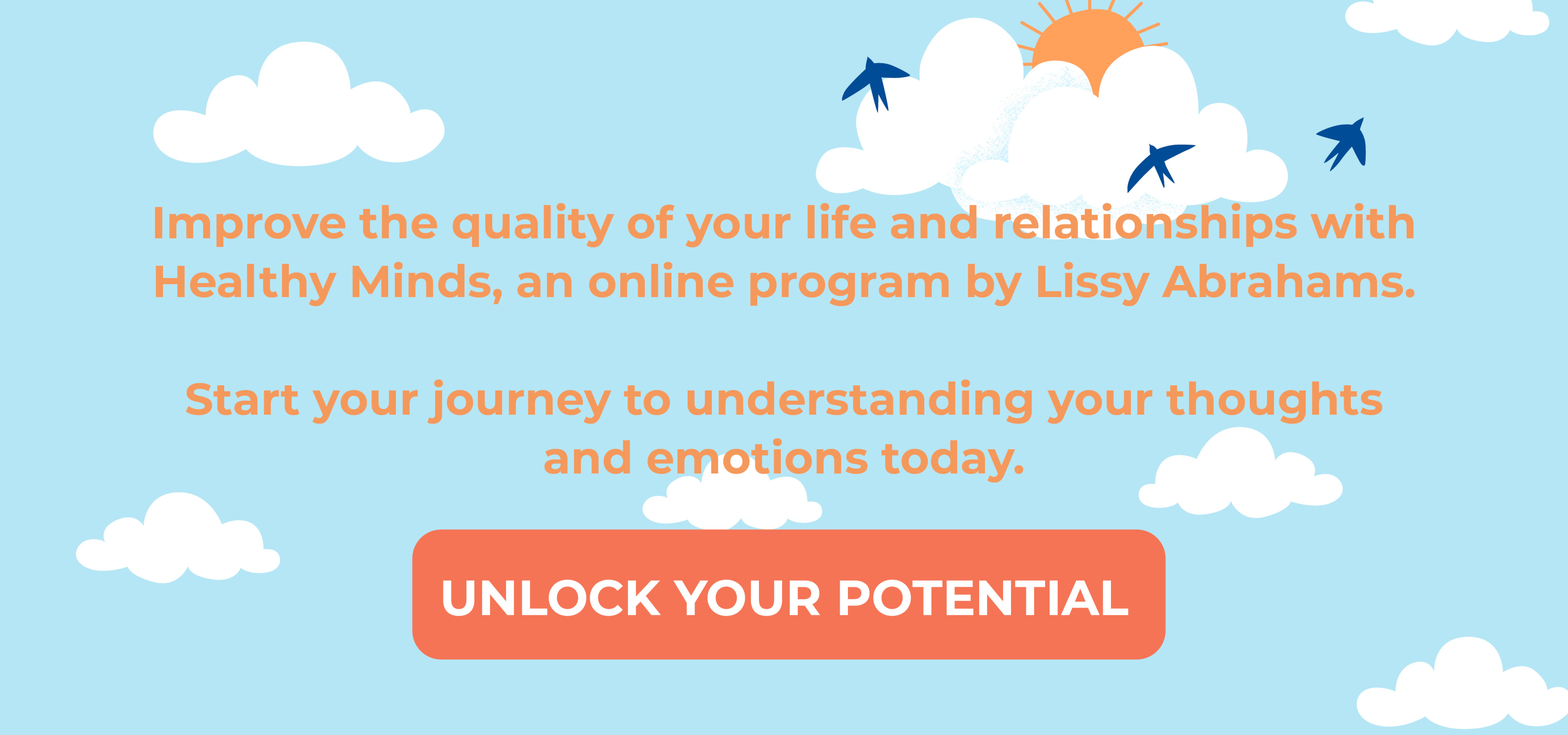How Do Relationships Increase Resilience?

In the journey of navigating life's challenges, the presence of supportive relationships anchors us against the turbulent tides of adversity. How do relationships increase resilience? Consider the story of Clara and Ethan. Facing tough times with trauma from a family loss, they were inevitably bereft. This unexpectedly led to increasing emotional distance with the person they loved most, and a failure to be a caring adult and tend to each other. This eventually caused their mental health to deteriorate even more.
Realizing the necessity of addressing these issues to overcome adversity, build resilience, and create a better support system at home, they sought therapy. They learned to listen to each other's perspective and opinions, and openly communicate their feelings and fears.
By applying their new strategies and skills, they were more positive about each other, expressed more gratitude, and felt less stress. Surprisingly to them, was the more caring and supportive relationships they developed with their children.
The Synergistic Connection Between Resilience and Relationships: A Brief Overview
The synergistic connection between resilience and relationships lies in the mutual reinforcement they provide each other.

Resilience, the ability to adapt and recover from adversity, is significantly bolstered by the support, understanding, and guidance found in healthy relationships. Conversely, navigating challenges successfully through resilience can deepen and strengthen these relationships, creating a positive feedback loop. In summary, relationships not only support resilience but are also enriched by it.
This dynamic interaction suggests that the strength and quality of our relationships directly impact our resilience, while our capacity for resilience can, in turn, enhance and solidify these relationships. This provides better health and social supports for each partner — a benefit for both.
Let's delve deeper into fortifying resilience to overcome adversity within your partnership.
Exploring the Link Between Relationships and Resilience

Resilience is often strengthened by our connections and social support. Through guidance from mentors, comfort in friendships, and support from family, we find strength to face hardship in life. These relationships offer both a safe space for vulnerability and a reminder that we're not alone.
This connection between relationships and resilience is rooted in Attachment Theory, which links secure and healthy parent-child relationships to the development of higher resilience levels. Leaning on a friend or seeking a mentor's advice can lighten our burdens, offering social support and a sense of safety, thereby enhancing our resilience. These interactions provide new perspectives and solutions, fostering growth and self-awareness.
These resilience-building relationships are not about dependence. The most effective relationships for resilience are those marked by respect, understanding, and emotional availability.
Truly understanding how relationships enhance resilience is not only captivating but also empowering. By recognizing this synergy, we can see how critical it is to nurture our personal relationships as these will determine whether we lose control or manage our lives.
Practical Steps for Fostering Supportive Relationships

To effectively bounce back, resilience focuses on these clear steps:
1. Acknowledge the Role of Emotional Support: Resilience grows within a network of trusting, supportive relationships, and social support like family members, friends, colleagues, or partners.
2. Foster Open Communication: Create a positive, safe space for sharing concerns or difficulties to help us strengthen trust and resilience.
3. Exercise Empathy: Be involved in understanding your partner's experiences and emotions to build resilience.
4. Use Stress Management Strategies: Develop collaborative approaches to handle stress, like breathing exercises or mindfulness.
5. Seek Professional Guidance: If challenges persist, a therapist will provide strategies to strengthen resilience in your relationship.
Remember, building resilience significantly enhances your ability to face life's challenges.
For further research, check out Dr. Sam Goldstein's talk, "The Power of Resilience." In this inspiring video, Dr. Goldstein elaborates on the significance of relationships in building resilience and fostering growth.
Frequently Asked Questions for Building Resilient Relationships
1. What are some ways to build a relationship?
Building a partnership involves maintaining communication, mutual trust, empathy, and pursuing shared growth. Dedicate regular time to create activities and moments of connection. During times of stress focus on developing shared coping strategies while remaining receptive to each other's needs.
2. How does fostering connections contribute to building resilience?
Building connections enhances resilience by offering support, an environment for sharing experiences, and the opportunity to collaborate on effective strategies when facing challenges. It creates a sense of belonging and decreases feelings of isolation thus boosting confidence and emotional fortitude.
3. What factors contribute to resilience in individuals?
Emotional resilience is often influenced by factors maintaining a positive mindset, effectively managing emotions, promoting open communication, and nurturing strong relationships. Cultivating these aspects can empower individuals to bounce effectively from adversities.
4. How does resilience impact well-being?
Resilience plays a role in promoting well-being by enabling individuals and relationships to withstand and recover from stressors and hardships. It strengthens stability and fortitude leading to improved health and holistic wellness. Additionally, resilient relationships provide support shared joy and a sense of security.
Strengthening Resilience through Relationships
To summarize our exploration into how relationships enhance resilience, we have discussed the role of support within connections, the importance of open communication, engaging in shared activities together, cultivating empathy, as well as actively managing stress.
These elements greatly strengthen the resilience of a relationship, making us individually stronger, and contributing to our emotional balance. They provide us with a foundation as we navigate the complexities of life. It's important to take practical steps and be willing to seek professional help when needed.
Are You Ready to Transform Your Relationships?
Deepening your understanding of how relationships foster resilience is the step towards building stronger and more fulfilling connections. The next step is applying this knowledge in real life situations. Discover the world of relationship strategies designed to nurture resilience with Healthy Minds, Lissy Abrahams' online program for improving personal relationships, including our relationship with ourselves.
Explore our programs that offer guaranteed strategies for fostering loving and relationships. These programs are carefully curated with step-by-step guidance, practical insights, and strategies backed by years of experience and proven success.
Take the step in building resiliency and transforming your relationships — ultimately your life — today!



